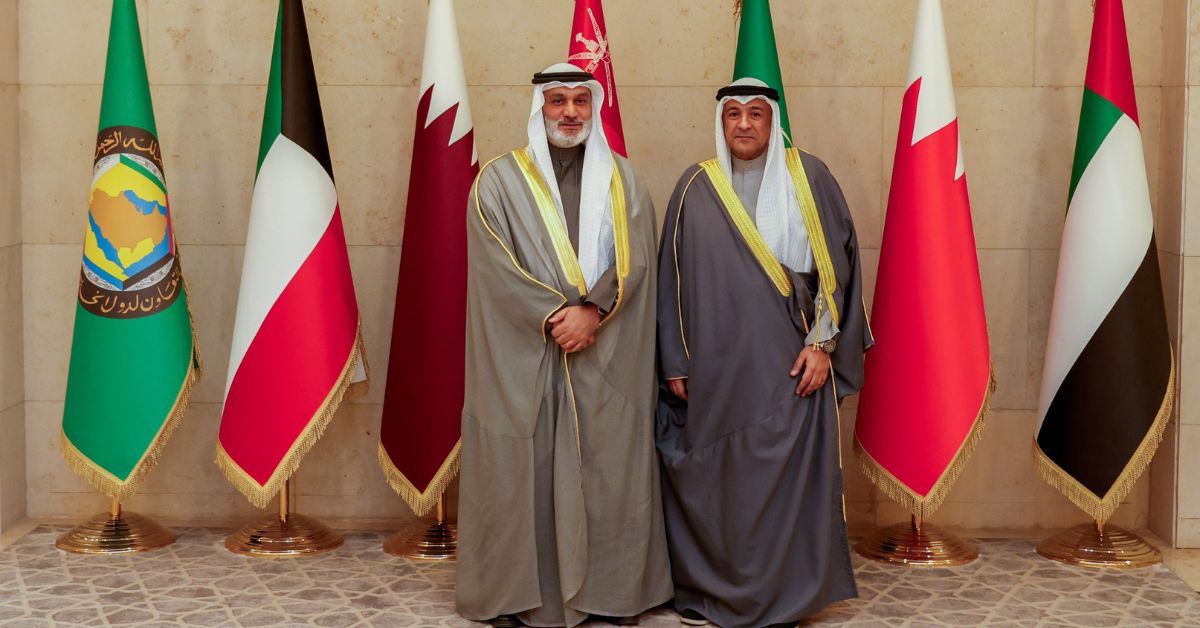Riyadh — The GCC countries are committed to ensuring the stability of global oil markets through cooperation with the Organization of the Petroleum Exporting Countries (OPEC), said Secretary General of the Gulf Cooperation Council (GCC) Jasem Mohamed Albudaiwi.
During his meeting with OPEC Secretary General Haitham Al Ghais, Albudaiwi praised the significant efforts of OPEC and its crucial role in maintaining the stability and balance of oil markets and addressing future challenges, in coordination with member states.
The meeting focused on enhancing cooperation between the GCC and OPEC in several areas, notably the continuous coordination of oil policies to ensure safe and stable energy supplies, especially amid rapid regional and international developments affecting global energy markets.
OPEC anticipates strong global demand growth for oil this year, driven by robust economic activity in China and a recovery in air travel.
This outlook contrasts with that of the International Energy Agency (IEA), which advises oil-consuming nations and last month predicted that oil demand growth would be halved due to economic headwinds.
The oil cartel estimates global oil demand will grow by 2.2 million barrels per day (bpd) in 2024, while the IEA projects a decrease to 1.2 million bpd. “This reflects the robust economic growth expected this year,” OPEC stated in its monthly report.
“Continued strong economic activity in China, the recovery of global air travel, and expected healthy petrochemical feedstock requirements will be key drivers of oil demand growth in 2024.”
In terms of products, transport fuels are leading the demand surge. Gasoline consumption is expected to “exceed” pre-pandemic levels, while jet fuel is projected to average “just below” 2019 levels, according to OPEC.
Meanwhile, the IEA views a lackluster global economy, tighter fuel efficiency standards, and the growth in electric vehicles as factors limiting oil demand growth. OPEC still warns that “inflation levels, monetary tightening measures, and sovereign debt levels could impact global oil demand prospects in the current year.”








